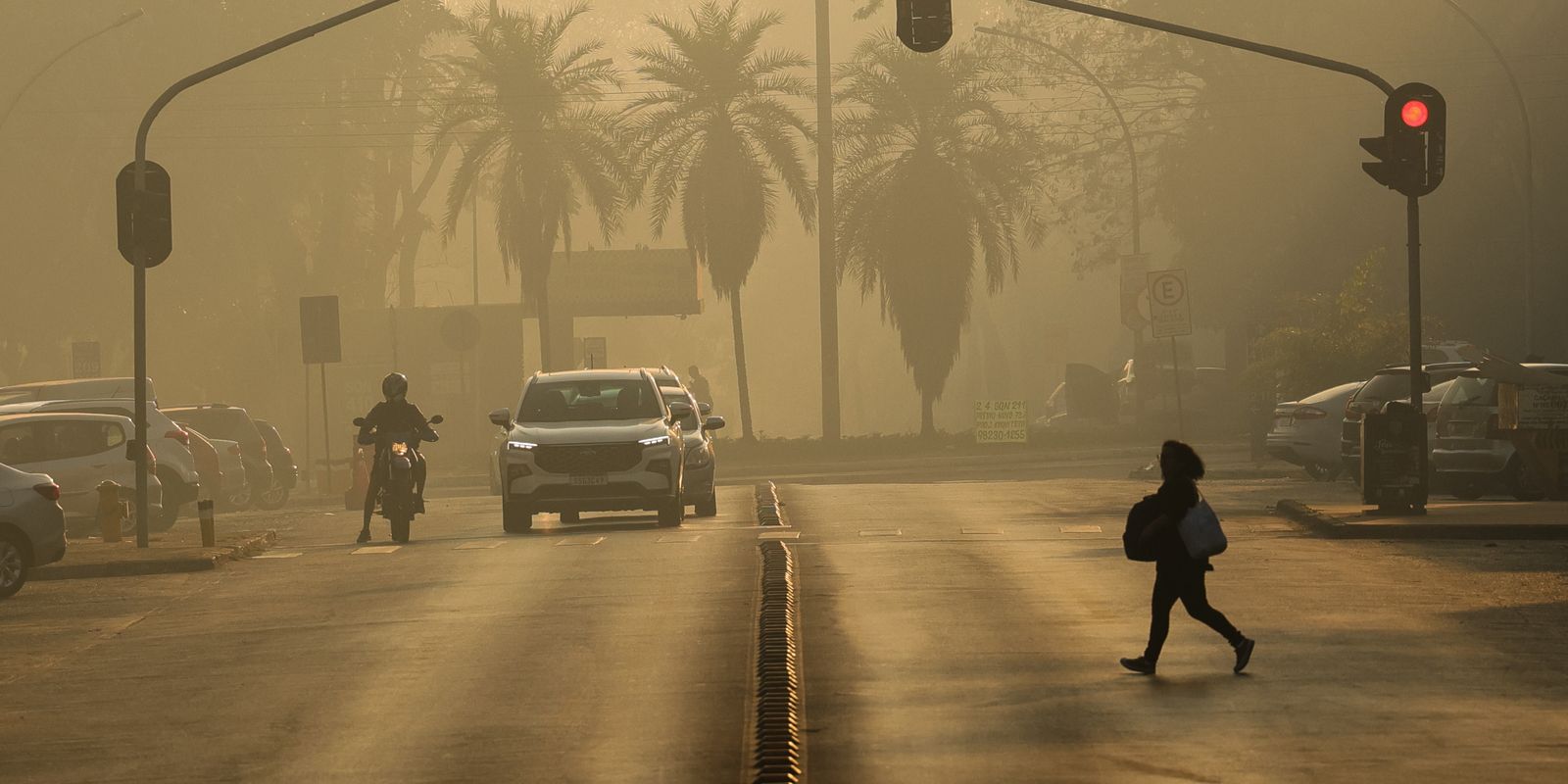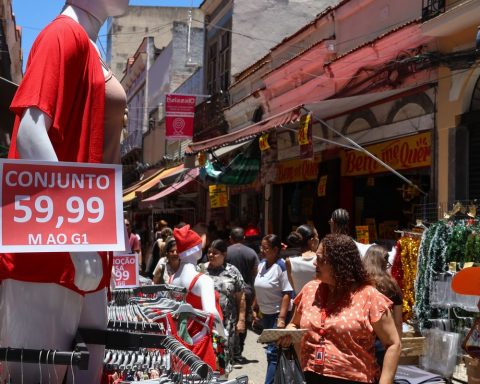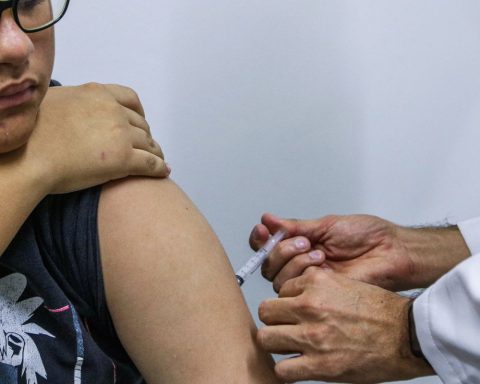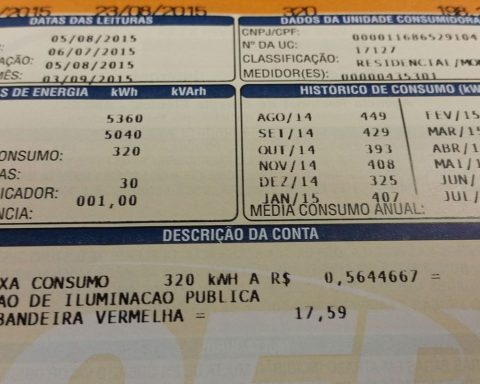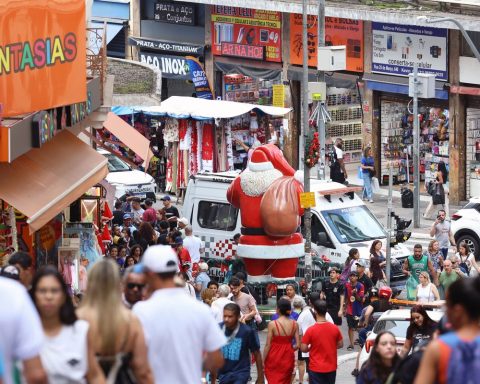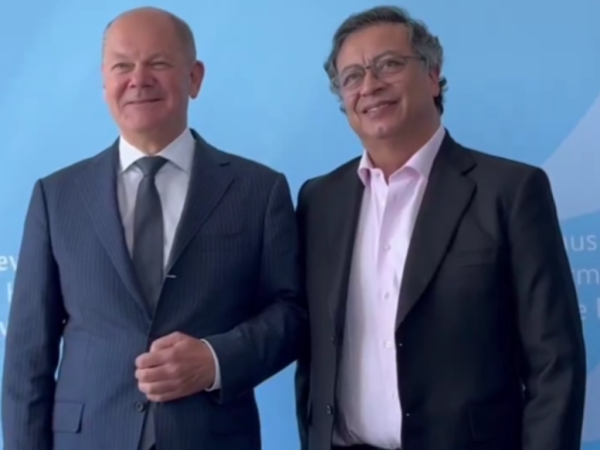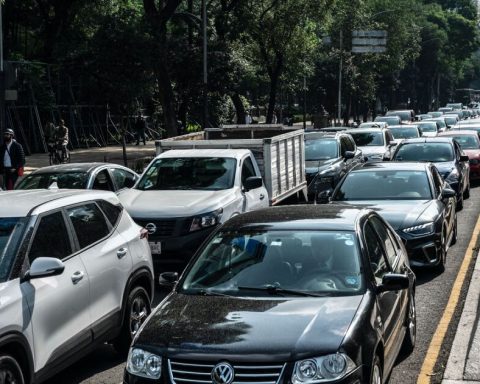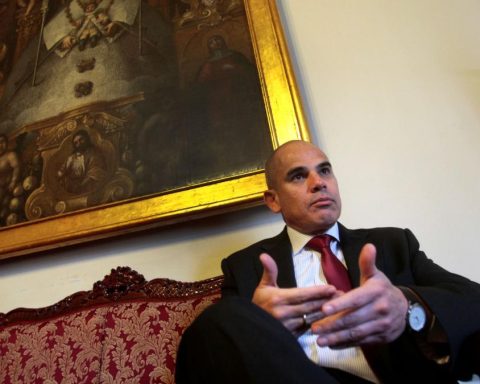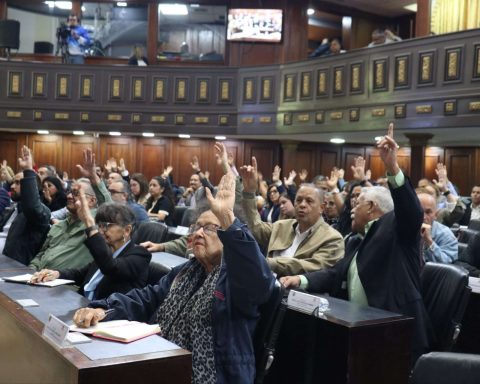Social movements and entities are holding the March for Climate Justice today (22) in the capital of São Paulo, with the theme: This heat is not normal. The protest is one of 13 mobilizations across the country that began this Friday (20), will end in October and are led by names such as the Movement of People Affected by Dams (MAB), the Popular Nature Forum, Greenpeace Brazil, Coalition for Climate SP and Youth for Climate.
In the state of São Paulo, the cities with protests are: Piracaia, Campinas, Bauru, Ribeirão Preto, Limeira, Piracicaba, Sorocaba and São Sebastião, where residents of Vila Sahy conceived an artistic intervention and held a march. The latter three also chose to hold the protest today.
In addition to these municipalities, São Roque, which is an hour away from the capital, has a demonstration scheduled for October 4. The demands are also common to five other capitals: Belo Horizonte, Rio de Janeiro, Florianópolis, Brasília and Curitiba.
In the capital of São Paulo, the demonstration this Sunday will start at the São Paulo Art Museum Assis Chateaubriand (MASP). Protesters are already in front of the museum, holding up banners and posters with slogans such as “For the end of the Guarani martyrdom”, “Who pays for the extinction?”, “Picanha from illegally-owned land with a certificate of exploitation”;
They wore masks with animal faces, made in the studio of the Andean artists’ collective Cholitas da Babilônia. Among the slogans were: “This heat is not normal, capitalism is nothing but an environmental disaster” and “Capital must die, against the fires, there is no planet B”, amid allusions to Rio Grande do Sul, which was recently destroyed by floods, and Brumadinho (MG), known for the tragedy caused by the collapse of a dam owned by the mining company Vale.
“We came to ask for help not only for ourselves, but for non-indigenous people, who are also suffering,” says Alice Jaxuka, from the Guarani Mbya community of the Jaraguá Indigenous Land. “I am moved, because I see so many people in need.”
Burns
Protesters also highlighted recent forest fires, which have contributed to greenhouse gas emissions. Social movements are calling for those behind the intentional fires to be punished.
Another issue related to the intensification of climate events is the water crisis in the North, where communities are suffering due to the drying up of rivers, such as the Madeira River, which is already affecting even indigenous people, such as the karipuna from Rondôniawho have also fallen ill due to inhaled smoke.
The group also decided to take to the streets to demand several measures from government authorities. The protesters are calling for institutional strengthening actions by the Brazilian Institute of the Environment and Renewable Natural Resources (IBAMA) and the Chico Mendes Institute for Biodiversity Conservation (ICMBio).
Guidelines
The organizations that organized the protest emphasize that it is an anti-capitalist march and that it opposes agribusiness – and, in this case, they even criticize meat consumption as a habit with a high social cost – and mining, highlighting the trail of destruction left by such economic activities in all biomes. At the same time, they come out in defense of indigenous peoples, traditional communities and other minority groups and the model that promotes family farming, which absorbs 67% of the rural workforce.
The organizers warn that black, peripheral and poor populations, women and the LGBTQIA+ community are subject to greater vulnerability. In this context, they call for greater agility in the process of demarcating indigenous lands and granting titles to quilombola territories.
One of the concerns is regarding the construction of the Ferrogrãoa railway that would impact the lives of 2,600 people, including indigenous people, small farmers and riverside dwellers, in addition to the paving of BR-319. The protest also serves as a warning for another project: the offshore drilling in the basin of the mouth of the Amazon River, between Pará and Amapá.
Elections
The climate emergency also appears as one of the main causes of candidates in this year’s municipal elections. The Nossas organization (https://nossas.org) and the Instituto Clima de Eleição launched the Vote Pelo Clima website (https://votepeloclima.org/), supported by a network of 72 organizations.
According to the Climate Observatory, Brazil should reduce at least 92% of the greenhouse gas emissions it emitted in 2005 by 2035. That year, the country released 2.44 billion tons of carbon dioxide into the atmosphere. If the organization follows the recommendation, it would have to limit emissions to 200 million net tons.
One of the opportunities that Brazil will have to establish its leading role in the agenda and reiterate its commitment is the 30th UN Conference on Climate Change (COP30), which will take place in Belém, in November 2025. According to the Getulio Vargas Foundation (FGV), the conference is estimated to bring together more than 40 thousand visitors during the main days of the program.
The federal government has opened a period to receive suggestions for proposals for the Climate Planwhich should contain guidelines for Brazil until 2035, taking as a reference the precepts of the Paris Agreement. In total, 1,290 proposals were sent.
* With information from the Secretariat of Social Communication (Secom), of the Presidency of the Republic.
